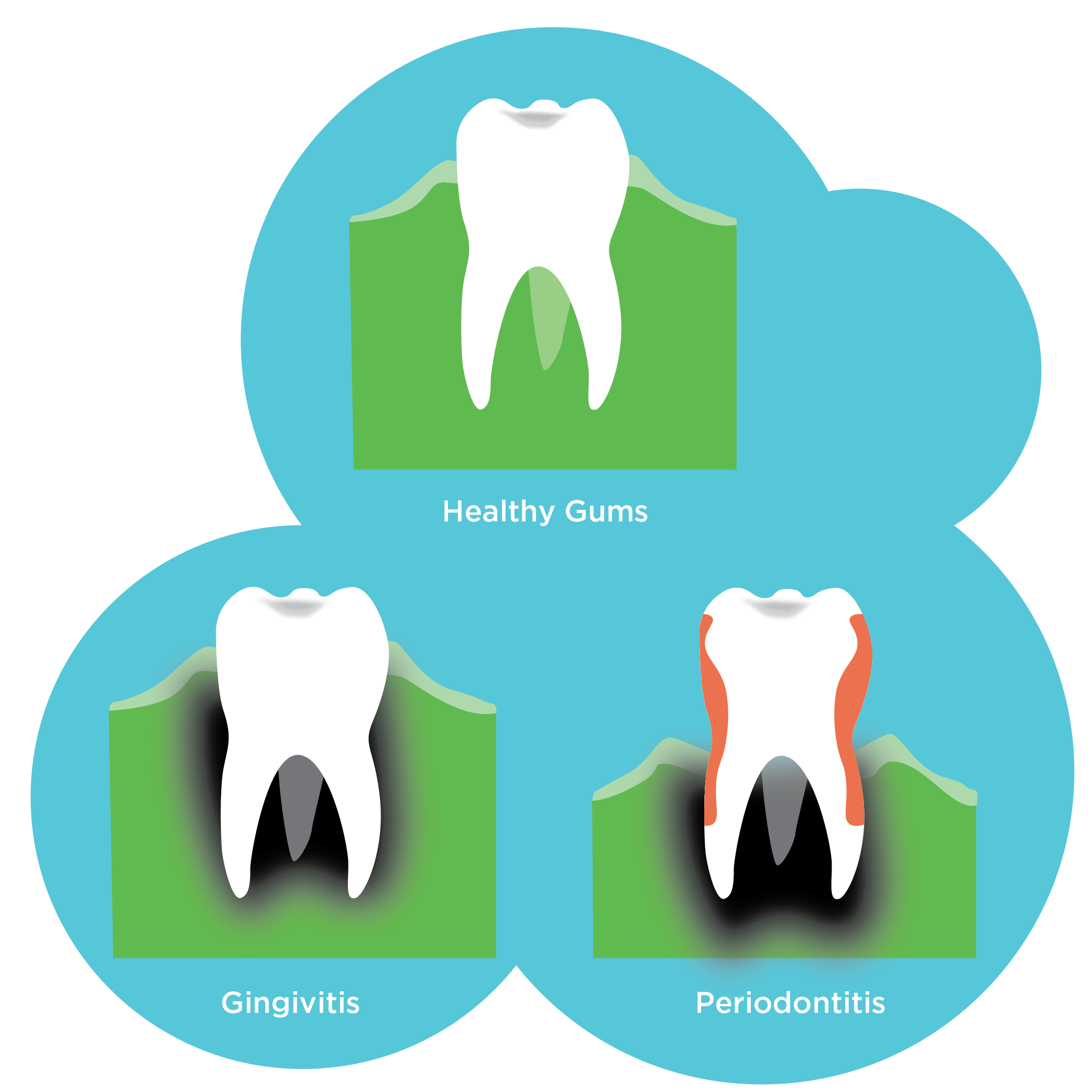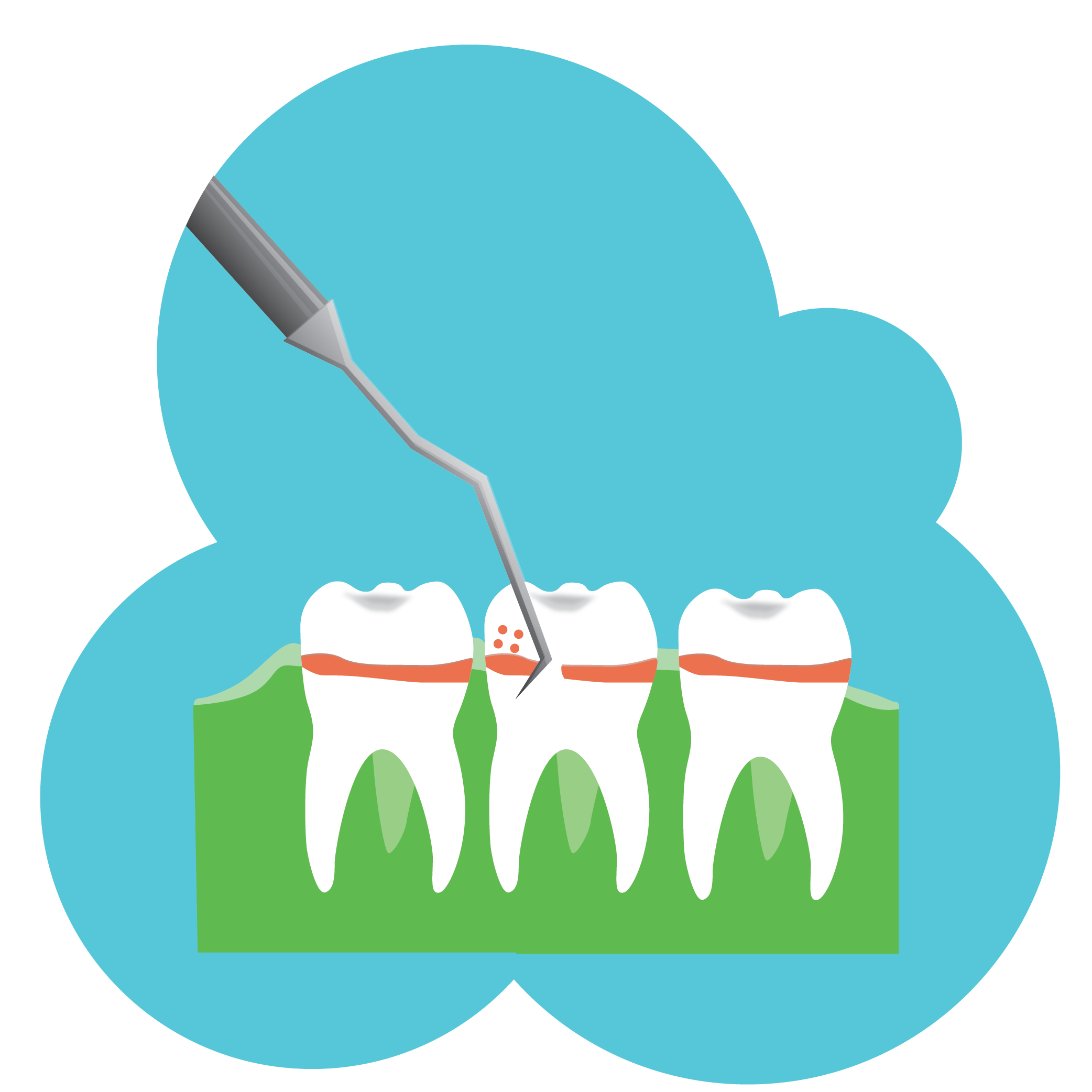A strong immune system is one of the main goals of healthy living and is necessary for good health and fitness. This became clear in the past two years, especially because of problems associated with the immune system and COVID-19.
Your immune system’s job is to fight off disease. When you get a viral or bacterial infection, a healthy immune system makes antibodies against the bacterium or virus. The mouth serves as an entry point for bacteria to enter your respiratory system and blood stream. Maintaining good oral health can help keep your immune system robust and working properly leading to better overall health.

Infections with bacteria in your mouth can cause gum disease. This disease is strongly associated with plaque that forms on teeth above the gum line. Bacteria feed and grow on food debris that accumulates in and around your gums and teeth. It’s important to brush your teeth twice a day and floss once a day to remove plaque. The earliest form of gum disease is called gingivitis, and it is easily reversed by removing the plaque with a toothbrush, floss and a professional cleaning by a dentist or dental hygienist. If your gums bleed when you brush or eat hard foods, you may have gingivitis. The bleeding, redness and swelling of the gums is caused by inflammation.
More severe gum disease, known as periodontitis, can only be treated by the dental office team. In periodontitis the inflammation attacks not only the gums but also the underlying bone that holds the teeth in place. Periodontitis can be managed, but the bone and soft tissue damage cannot be reversed.
Inflammation caused by bacteria is the signal for your immune system to act. Mild infections in healthy people often go unnoticed because the immune system does its job and gets rid of the bad bacteria. When a person is unhealthy, the immune system cannot keep up and diseases can take over.

As the immune system works on your mouth, other areas of the body are left unprotected from infection. In fact, a study at the University of Pennsylvania found that the bacteria that cause gingivitis “subverts the immune system and promotes further inflammation by prohibiting the immune system’s ability to kill the invading bacteria.”
Immune system related diseases include asthma, eczema, allergic rhinitis, HIV/AIDS, type one diabetes, rheumatoid arthritis, lupus, heart disease, and inflammatory bowel disease. Other conditions weaken the immune system such as certain cancer treatments, organ transplants and medications. Temporary weakening of the immune system occurs during bouts with the common cold, the flu, mononucleosis and measles. Smoking, alcohol use and poor nutrition can also weaken your immune system.
Maintaining a healthy mouth allows the immune system to concentrate its efforts on rest of the body. Good oral health leads to overall health.
Here are some tips to help your immune system function properly:
- Follow a personalized oral health routine that your dental team recommends.
- Brush your teeth for two minutes twice a day. Floss or use an interdental cleaner daily to reach the areas between your teeth that your toothbrush cannot reach. After brushing, rinse your toothbrush well with tap water to remove any remaining toothpaste. Store your toothbrush in a dry place where it is separate from anyone else’s brush.
- Never share a toothbrush.
- Go to your dentist regularly for treatments and preventive care.
- Eat a healthy diet that includes fruits, vegetables, lean meats and healthy fats.
- Do not smoke.
- Avoid too much sugar and too many acidic drinks like soda.
- Drink alcohol in moderation.
This information in this post is for general educational purposes only and does not warrant or represent any information as related to health as specifically appropriate for you. It is not intended to be medical advice or replace the relationship that you have with your health care providers. You should always seek medical advice on any diagnosis or treatment from a qualified health care provider. The information is provided “as is” without any representations or warranties, express or implied.
Subscribe now
Your address and personal information will be safely stored in our database. We do not share or sell this information with anyone. You can unsubscribe to this subscription at any time.






